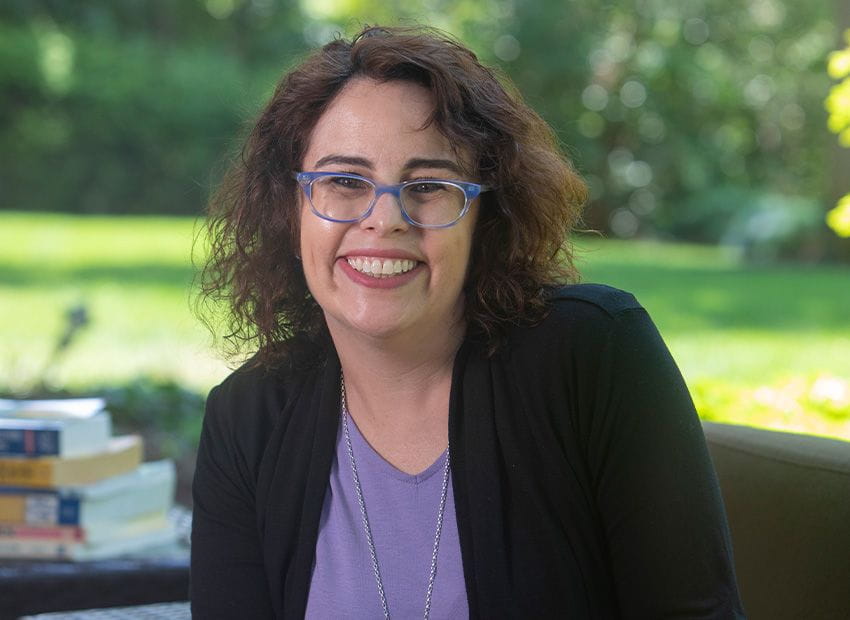How to Find an LGBTQ+ Supportive College
While the search for a college that is LGBTQ+ friendly can essentially take the same path as most any college search, there are some nuances. When a prospective student visits a college campus, the first question to ask themselves is, “Can I envision myself being happy here?” However, for LGBTQ+ and any other students who would be part of a minority group on campus, they might consider adding the following inquiries: “Do I feel welcome here?” and “Can I be myself?”
To that end, one of the first things I suggest is something that you might not have thought of: while it is important to see if the college has an LGBTQ+ support center, you should also review the college’s non-discrimination statement on their website to see if it specifically mentions sexual orientation, gender identity, and gender expression.
By way of example, Florida State University’s non-discrimination statement provides: “FSU prohibits discrimination on the basis of race, creed, color, sex, religion, national origin, age, disability, genetic information, veterans' status, marital status, sexual orientation, gender identity, gender expression, or any other legally protected group status.”
I chose FSU given recently enacted laws addressing gender identity, and a check of all the public universities in the Sunshine State reveals that college students, faculty, and staff are protected from discrimination on the basis of sexual orientation, gender identity, and gender expression. Do not assume that just because a state has conservative leadership that the universities therein will be conservative as well.
In stark contrast to FSU, the non-discrimination statement of Palm Beach Atlantic University, a private Christian college in Florida, makes no mention of sexual orientation. Similarly, Liberty University in Virginia goes a step further in its non-discrimination statement, expressly stating that the university “maintains its Christian mission and reserves its right to discriminate based on religion, to the extent that applicable law respects its right to act in furtherance of its religious objectives.” While I suspect most LGBTQ+ students would not start their college search with Liberty University, it is interesting to see how the non-discrimination statements reflect its values.
Critically, however, just as you should not assume that there are no LGBTQ+ friendly colleges in more conservative states, you should not assume that all religiously affiliated colleges are unwelcoming to LGBTQ+ students. Indiana’s University of Notre Dame connects its support of LGBTQ+ persons to its mission as a Christ-centered and, therefore, welcoming institution. If you want to get a little choked up (okay, maybe that was just me), read Notre Dame’s statement about the spirit of inclusion. Likewise, Baylor, the largest Baptist university in the U.S., mentions sexual orientation, gender identity, and gender expression in its non-discrimination statement, and its statement on diversity and inclusion indicates that the university ”supports the dignity and worth of every person and seeks to create a campus climate where each person is treated with love and respect within our caring community.”
It seems to me that the values of those colleges which expressly support LGBTQ+ students would make a welcoming environment for all. To that end, I strongly encourage all prospective students to begin their search by reviewing the school’s non-discrimination or mission statement, in order to help inform at the outset whether they will be comfortable as part of that school’s community.






